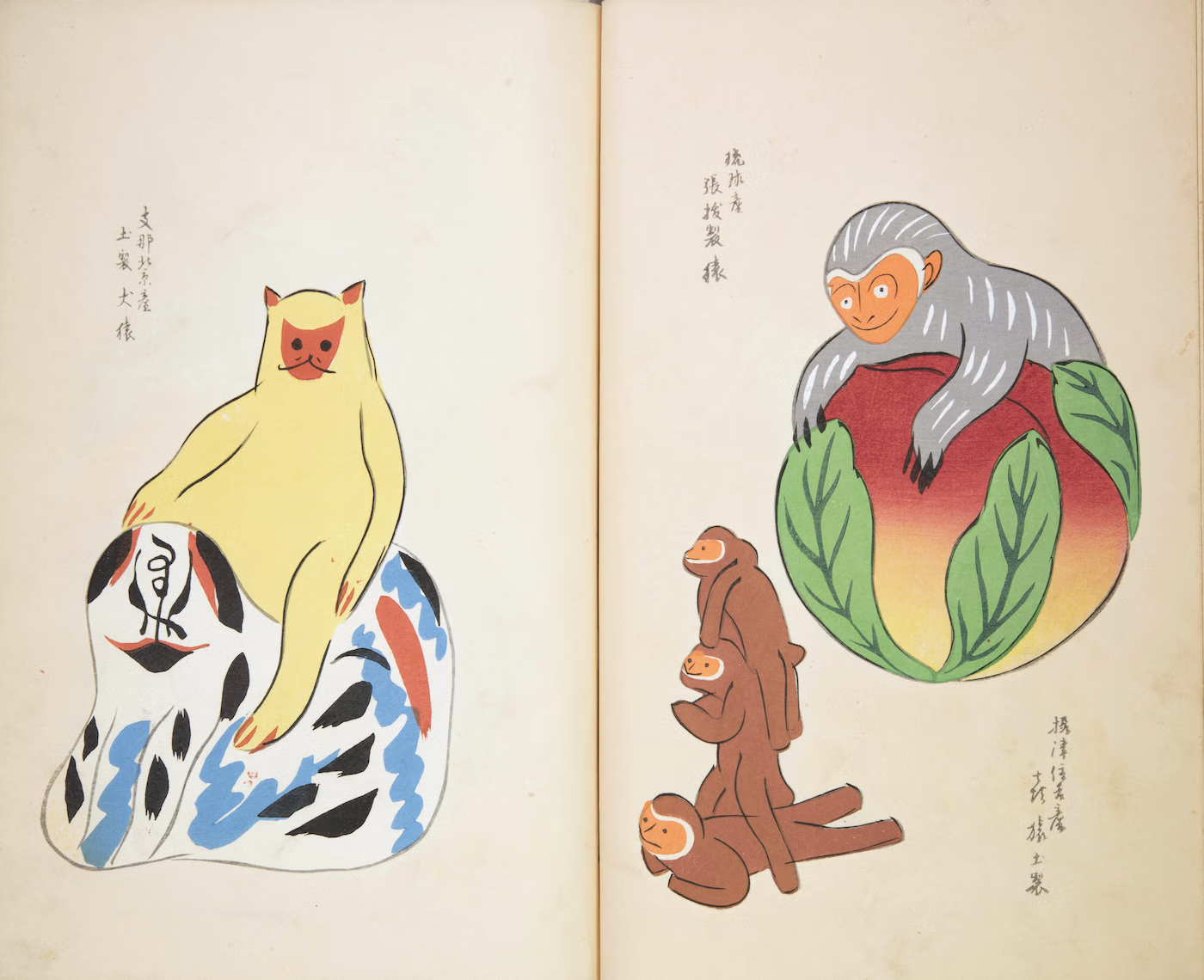
We live in an age, we’re often told, when our ability to conjure up an image is limited only by our imagination. These days, this notion tends to refer to artificial intelligence-powered systems that generate visual material from text prompts, like DALL‑E and the many others that have proliferated in its wake. But however technologically impressive they are, they also reveal that our imagination has its limits, giving form only to what we can put into words. To be inspired properly again, we must explore farther afield, in the visual realms of other times and places, which we can easily do on a site like Public.work.
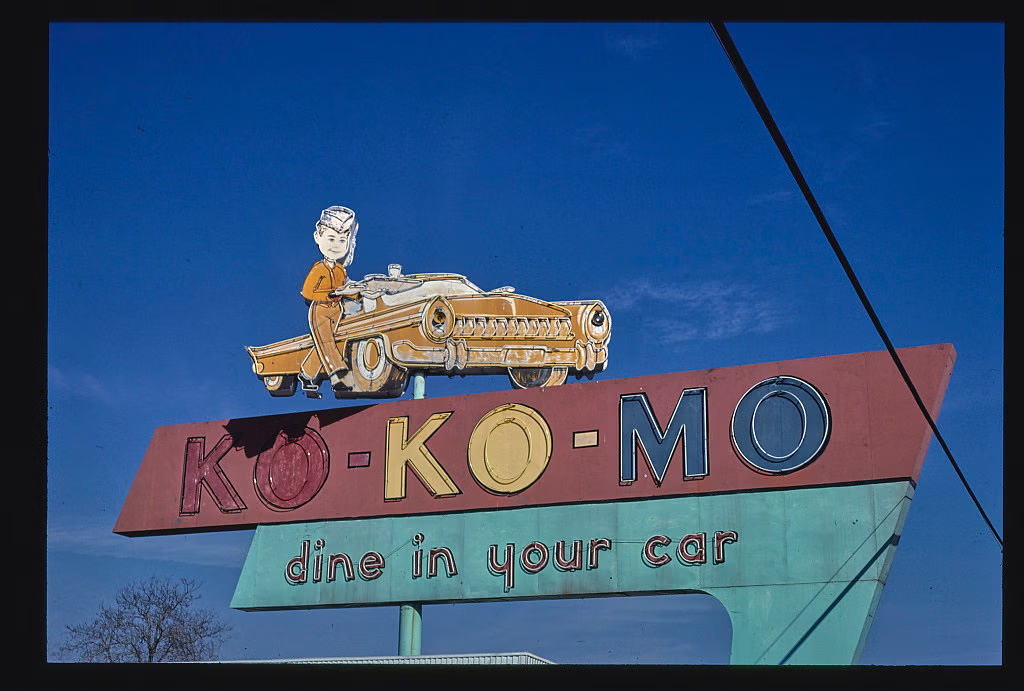
Jason Kottke describes Public.work as “an image search engine that boasts 100,000 ‘copyright-free’ images from institutions like the NYPL, the Met, etc. It’s fast with a relatively simple interface and uses AI to auto-categorize and suggest possibly related images (both visually and content-wise). And it’s fun to just visually click around on related images.”
These journeys can take you from vintage magazine covers to foreign children’s books, lifelike foreign landscapes to elaborate world maps, Japanese woodblock prints to roadside Americana — or such has been my experience, at any rate.
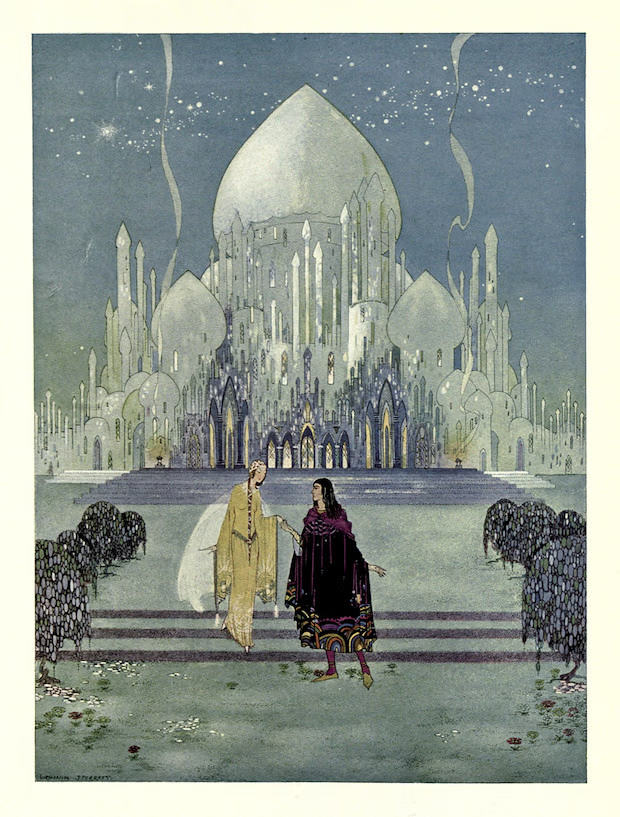
“On the downside,” Kottke adds, “their sourcing and attribution isn’t great — especially when compared to something like Flickr Commons.” According to librarian Jessamyn West, Public.work isn’t exactly a search engine, but an interface for a site called Cosmos, which describes itself as “a Pinterest alternative for creatives” meant to create “a more mindful internet.”
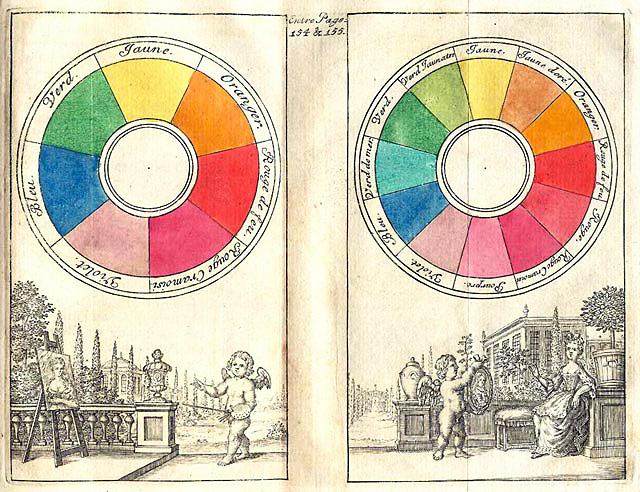
Getting the full story behind any particular images you find there will require you to put a bit of energy into research, or at least to locate the fruits of research done elsewhere on the internet. As for what you do with them, that will, of course, depend on your own creative instincts. Enter Public.work here.
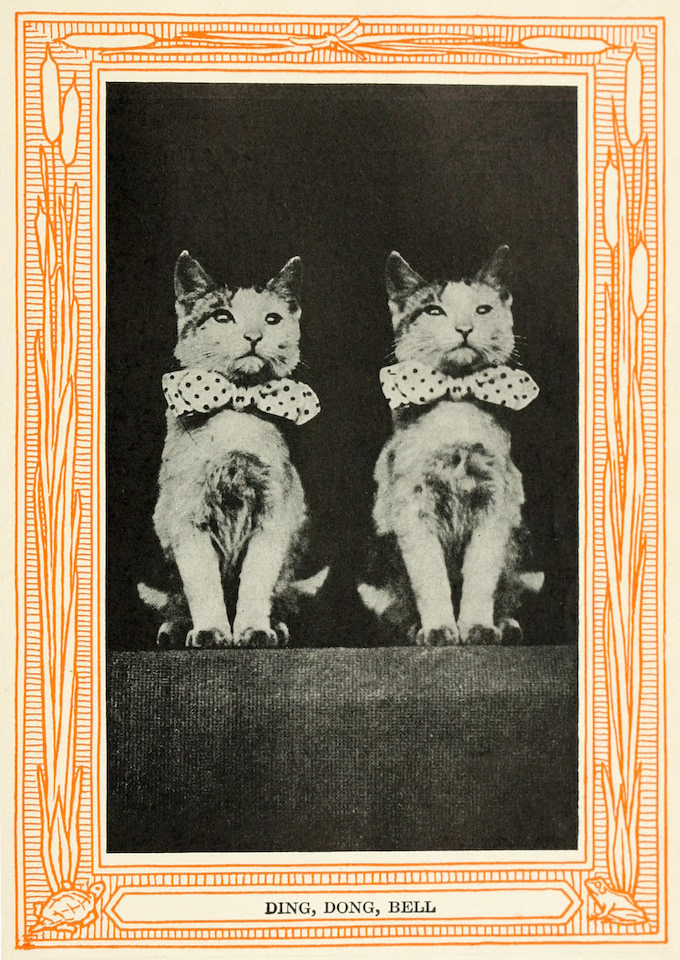
Related content:
A Search Engine for Finding Free, Public Domain Images from World-Class Museums
Download for Free 2.6 Million Images from Books Published Over Last 500 Years on Flickr
Free: Download 5.3 Million Images from Books Published Over Last 500 Years
Based in Seoul, Colin Marshall writes and broadcasts on cities, language, and culture. His projects include the Substack newsletter Books on Cities and the book The Stateless City: a Walk through 21st-Century Los Angeles. Follow him on Twitter at @colinmarshall or on Facebook.


I followed the link to https://www.openculture.com/2024/08/public-work-a-smoothly-searchable-archive-of-100000-copyright-free-images.html, and I attempted to make a donation.
However, the donation button simply loops me to the same donation page, repeatedly.
The page also says that you accept PayPal, but there is no button for a PayPal donation.
Perhaps I am missing something, but, to me, your donation process is confusion.
Warm Regards,
David D.
P.S., “Public Works” is a wonderful resource. Thank you!
Suggestion on how to research information about a public.work image.
(1) Download the image.
(2) Go to images.google.com, and click on the little camera icon.
(3) Drag or upload the downloaded image to the “Google Lens” dialog box.
You will then be presented with a screen of similar images, with links to their source.
I do not believe in the concept of “intellectual property”. All knowledge, art, culture, music,literature, drama,technology,and human invention of any kind whatsoever are the common property of the human race to be shared for the benefit of all.
“Intellectual Property” is just another tool of the strong to control the weak.
And your point is?
I think you’re message was so powerful! The right to prevent others from doing something in the particular area. A fact that is intellectual property is one more way for rich countries to extract wealth from poor countries.
Hey Bruce Elniski,
What a load of rubbish! The statement is just ignorant of the facts.
My son is a struggling musician (there are tens of millions of musicians who are not Taylor Swift), who writes songs, which are his Intellectual Property rights by creation, and he makes next to no money from song sales. But his Intellectual Property rights are what help bring in some money and that is the whole point of it.
He, like me, wasn’t born into power or wealth, and he can hardly be described as part of “the strong [who want] to control the weak.”
Are you really saying everyone deserves to steal his music when he lives in a crappy house and struggles to come up with the money to pay for rent and food?
Bruce Elniski, if the world used your logic and denied people Intellectual Property rights, then they would be denying millions of people who are not billionaires or giant Corporations a small income during their lifetime.
How does one search for images, please? I cannot parse this page.